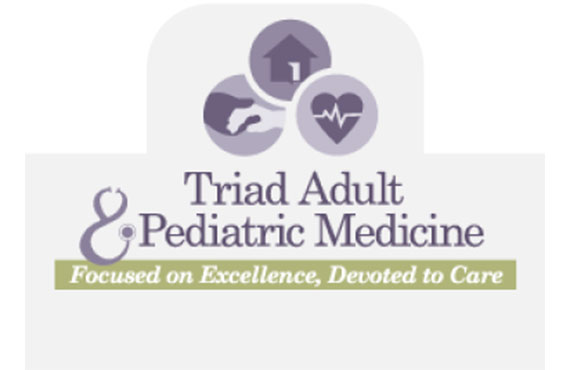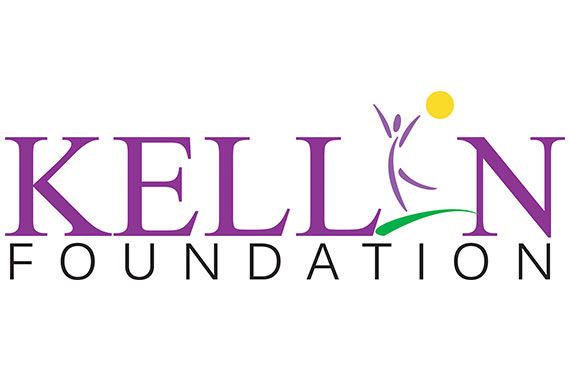Mustard Seed Community Health Clinic’s mission is to provide high quality, holistic, integrated health care to those in need, in an environment that dignifies and empowers the whole person. The COE has worked alongside Mustard Seed the last 3 years to help further this mission. Natosha Knight, the on-site full-time behavioral health clinician, has worked alongside Dr. Elizabeth Mulberry and they have continued to improve the ability to coordinate care for patients with complex and chronic conditions including co-morbid conditions or co-occurring disorders. Knight states that “meeting with Sara, our COE integration specialist, has been very helpful in allowing us to assess and think through what integrated care looks like for a small community clinic. Being a part of the [Cone Health Foundation Access to Care] collaboration has also allowed us to see models of integrated care at different locations so that we can figure out what works best for us.”
Additionally, the clinic has taken on two to three MSW interns who have participated in and benefitted from the trainings provided by the COE. COE is pleased to be a part of this workforce development. Knight noted that, “the trainings have been so useful in learning practical information around brief intervention, community resources, cultural humility and substance use,” and have been most helpful to her as an LCSW, “…in terms of learning new interventions or new information.”
COE’s onsite technical assistance has included meeting with just the providers or the whole clinic and Knight shared that these meetings “have allowed us the space and time to really think through what integrated care looks like for us. The combination of practical, hands-on skills as well as planning meetings to look at the big picture has really made this collaboration worthwhile for us.” Natosha and Dr. Mulberry work alongside one another coordinating care for patients with complex and chronic co-morbid conditions as well as co-occurring disorders.
Posted in Success Stories




